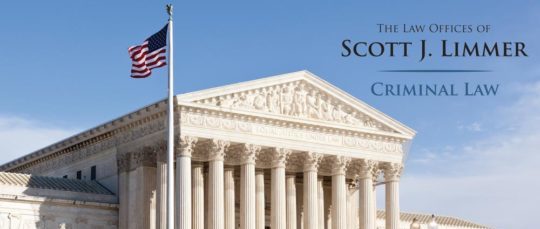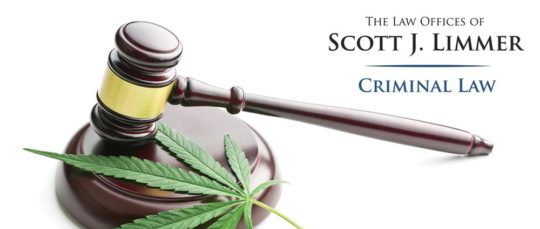Three Senators Offer Chamber’s First Broad Marijuana Reform Bill An unusual group of three Senators — lead sponsor Cory Booker (D-NJ), Kristen Gillibrand (D-NY) and potential presidential hopeful Rand Paul (R-KY) — with a March 10 joint press conference announced introduction of a far-reaching marijuana law reform bill, the first of its kind offered in […]
Tag: marijuana reform laws
Article: Cannabis Chaos in Washington D.C. ???
It’s clear District of Columbia voters last November overwhelmingly approved a ballot measure (Initiative 71) to let residents age 21 and up legally possess as much as two ounces of marijuana for personal use, cultivate up to three mature plants, and give up to an ounce to other adults without compensation (selling would remain illegal). […]

